THE WHOLE WORLD IS HUNT FOR THE " NEW M OURINHO"
Good coaches with many achievements like Jose Mourinho are not rare. The difference is that when Mourinho reached the top (more than 20 years ago), he created many deep and "exclusive" impressions. On the other hand, the world was surprised, everyone had to ask: Where did that coach come from?
Mourinho himself had to "market" himself to his players. He told the players of the Uniao de Leiria Club (Portugal) on the first day of meeting them at the training ground: "You must know that I am very good, but no one knows me yet. I need your cooperation. Whoever believes and truly cooperates will be able to move with me to big teams in the near future."
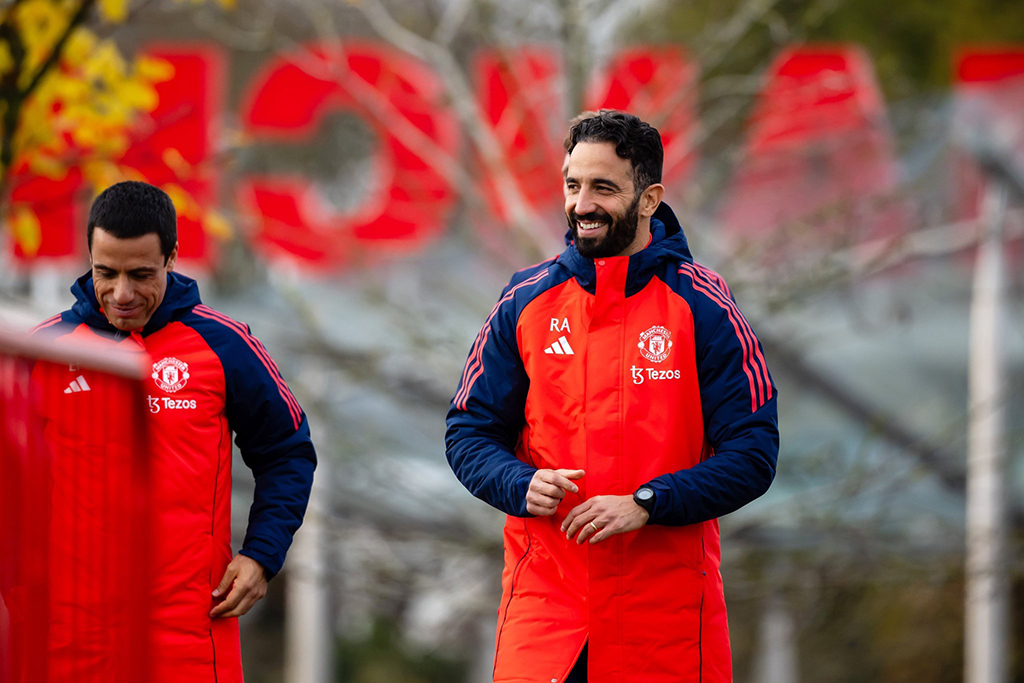
Coach Ruben Amorim is expected to help MU revive.
It took Mourinho only one season at the small club Uniao de Leiria to make the professional world know who he was. Brought to Porto (Portugal), he won every championship season, took the UEFA Cup and the Champions League title. Then he moved to England and immediately won the title with Chelsea, even though that team had not won a national championship in half a century.
Many other coaches have succeeded. But not everyone has had as much impact as Mourinho. Rich teams all want the "new Mourinho". Chelsea did the same when they recruited André Villas-Boas. Jorge Jesus, Leonardo Jardim, Nuno Espírito, Marco Silva... have gradually affirmed their abilities. Gradually, the "Portuguese brand" has been formed in the coaching world.
Not long ago, there were statistics showing that in the top 7 European national championships and the Saudi Pro League, Portuguese coaches were the second largest force, just behind the Spanish coaches (of course, not counting native coaches).
KEEP LEARNING AND TRYING
In a very good book, a "best-seller", co-authored by former football star Gianluca Vialli and famous journalist Gabriel Marcotti, there is a separate chapter on coaching. Portuguese coaches like Mourinho are especially eager to learn. They are passionate, not simply "learning the profession". On the contrary, if you ask a famous English coach about the standard coaching training courses of FIFA and UEFA, you will hear a familiar answer: "Why study? We won the World Cup, so we don't need to study!". That is the difference between football schools.
Ruben Amorim has at least played football successfully (he was Cristiano Ronaldo's teammate in 2 World Cups). The rest, from Mourinho, Villas-Boas to Marco Silva, Paulo Fonseca... have hardly played at the top level (or if they have, they have failed in their football career). They have no experience to rely on, so they try to learn more. On the other hand, "trained" coaches in Portugal are often very active in promoting creativity, imposing their own thoughts and views. This is a very different way of training compared to the "traditional" path of coaches who came from professional football backgrounds: Just play football well, then when they retire, coach... as they were trained.
Portugal is a football country that specializes in exporting players. Even the biggest clubs like Porto, Benfica… cannot keep their stars, let alone the small teams. Coaches in Portuguese football have to try their best because they never have a satisfactory squad of players, as soon as a star is established, he leaves. Difficult circumstances make Portuguese coaches very good at tactics as well as creative solutions.
Finally, in Western Europe, Portugal is a poor country. If a poor kid wants to change his life, he should play soccer. If he is not good enough to play soccer, he should study to become a good coach!
Source: https://thanhnien.vn/thuong-hieu-hlv-bo-dao-nha-185241119201625706.htm


![[Photo] President Luong Cuong and United Nations Secretary-General Antonio Guterres chaired the signing ceremony of the Hanoi Convention.](https://vphoto.vietnam.vn/thumb/1200x675/vietnam/resource/IMAGE/2025/10/25/1761370409249_ndo_br_1-1794-jpg.webp)


![[Photo] President Luong Cuong receives heads of delegations attending the signing ceremony of the Hanoi Convention](https://vphoto.vietnam.vn/thumb/1200x675/vietnam/resource/IMAGE/2025/10/25/1761377309951_ndo_br_1-7006-jpg.webp)
![[Photo] General Secretary To Lam receives United Nations Secretary-General Antonio Guterres](https://vphoto.vietnam.vn/thumb/1200x675/vietnam/resource/IMAGE/2025/10/25/1761376410088_a1-bnd-4607-5891-jpg.webp)

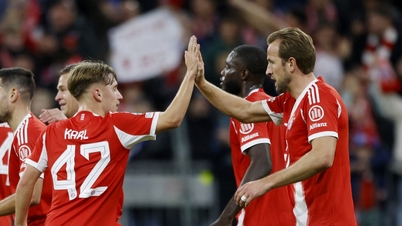

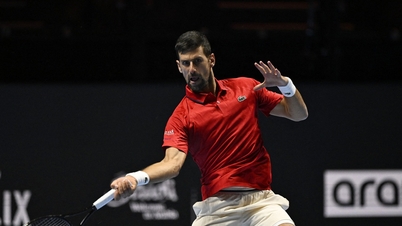




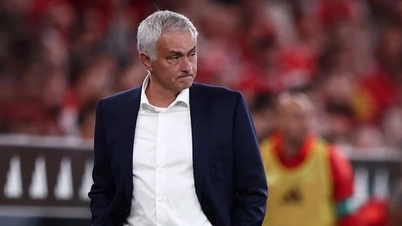

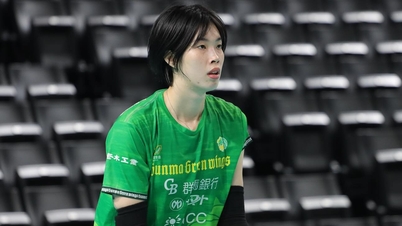
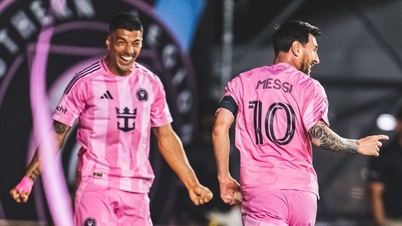


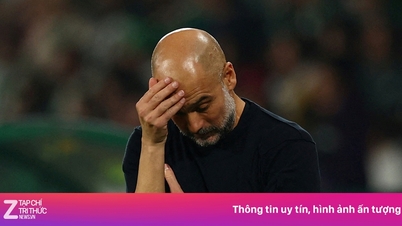
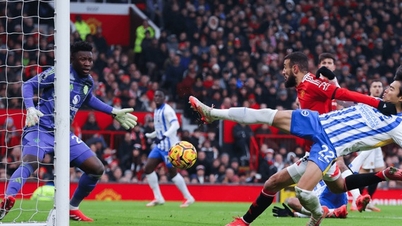










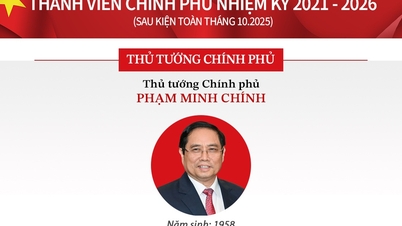
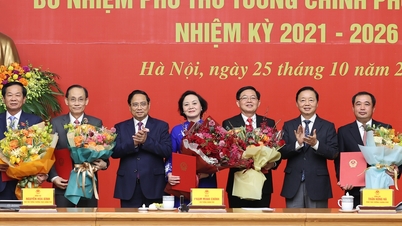










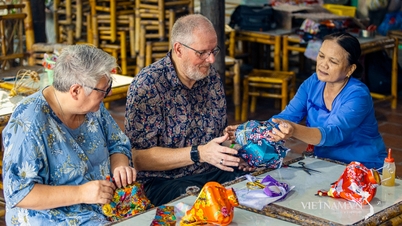

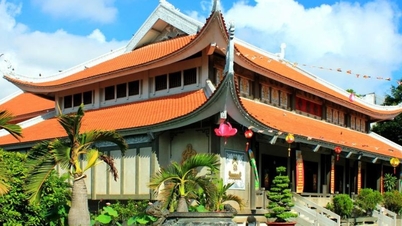
























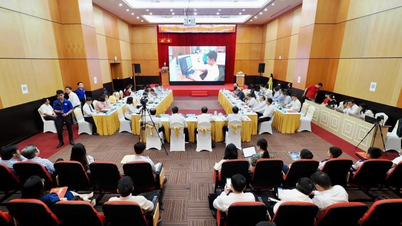
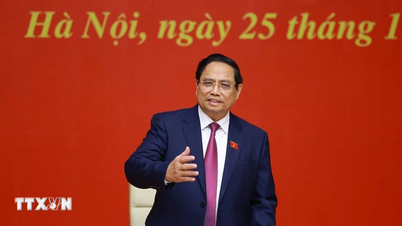
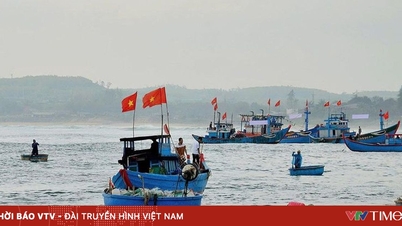
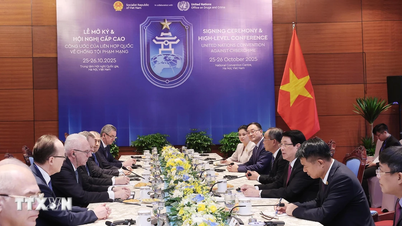
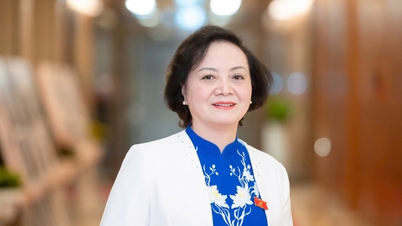


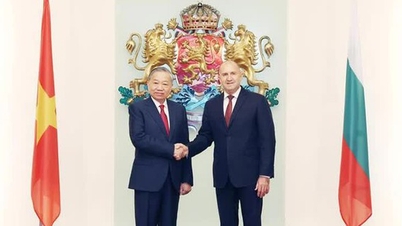

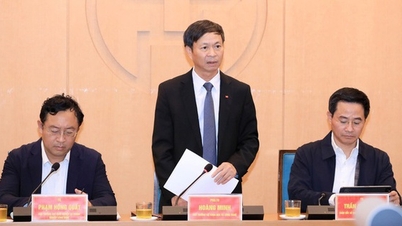
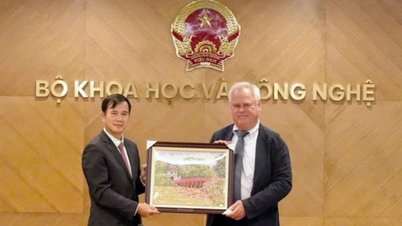
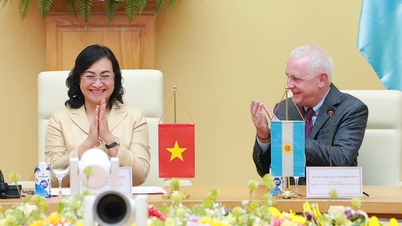

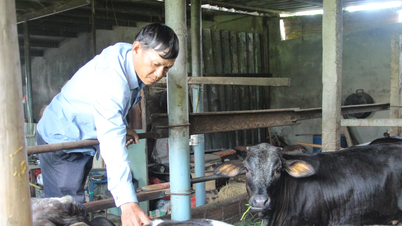
























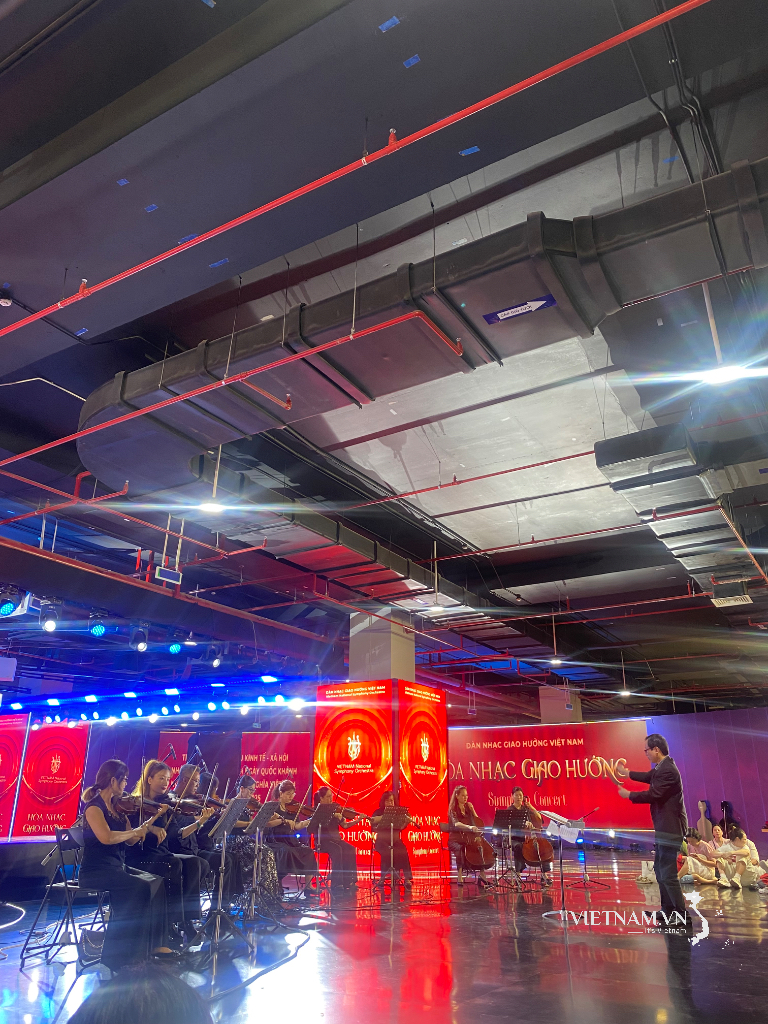
Comment (0)